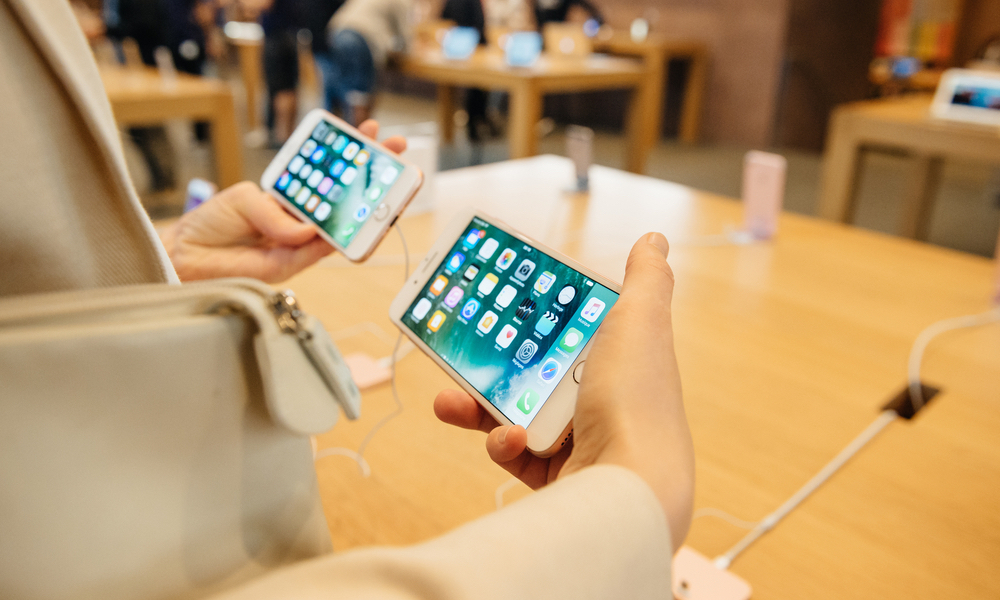Italian Authority Fines Apple, Samsung Millions for Slowing Down Phones
 Credit: Hadrian / Shutterstock
Credit: Hadrian / Shutterstock
Toggle Dark Mode
Italy’s antitrust authority is fining both Apple and Samsung for intentionally slowing down their devices, the authority said in a statement.
The Autorit Garante della Concorrenza e del Mercato (AGCM) first began its investigation of the two tech giants back in January after a slew of consumer complaints accused the firms of implementing “planned obsolescence” in their devices.
In a statement published today, the AGCM said that it found “Apple and Samsung implemented dishonest commercial practices” with their devices by fielding operating system updates that “caused serious malfunction and significantly reduced performance, thus accelerating phones’ substitution.”
The AGCM is levying a fine of 5 million euros (about $5.7 million) against Apple for throttling that occurred after users installed iOS 10. In addition, the Cupertino tech giant is being hit with a second 5 million euro fine for not giving customers enough information about their devices’ battery. In total, that’s about $11.5 million.
Samsung was also fined 5 million euros for a similar device-throttling software, Marshmallow 6.0.1. The update, meant for the Galaxy Note 7, was found to cause severe performance issues for users who installed it on the Galaxy Note 4.
However, the South Korean juggernaut did not get hit with the second fine related to battery information disclosures.
While Apple has long refuted the idea of planned obsolescence, the so-called Batterygate controversy started last year when users claimed that Apple was deliberately slowing down older iPhones.
The company eventually admitted to adding a new power management feature in iOS 10.2.1 that throttled the performance of iPhones with aging batteries to prevent them from randomly shutting down.
Apple’s primary fault, according to most users, was not being transparent enough about the feature. While Apple did say in the iOS 10.2.1 release notes that it implemented a power management feature, it didn’t expand on the specifics of it.
The Cupertino tech giant eventually apologized for the incident and began offering discounted $29 battery replacements for iPhone 6 devices and later. That discounted price will last through the end of the year. In January 2019, it’ll be bumped up to $49.
Apple also introduced a series of diagnostic tools and other battery health features in iOS 11.3, which also included the ability to turn off the power management mechanism — at the cost of potential random shutdowns during times of peak power draw.
Italy isn’t the only country that investigated Apple for alleged planned obsolescence. U.S. officials and French regulators also launched their own regulations. Apple was also hit with a variety of lawsuits in the wake of Batterygate.
While discounted battery replacements may have dissuaded some users from upgrading to new iPhones, Apple CEO Tim Cook explained in an earnings call over the summer that that was never a factor in its decision to offer the reduced price.
Instead, Cook said that “it was about doing something great for the user. Treat users and customers well and you have a good business over time. That’s how we look at that.”






